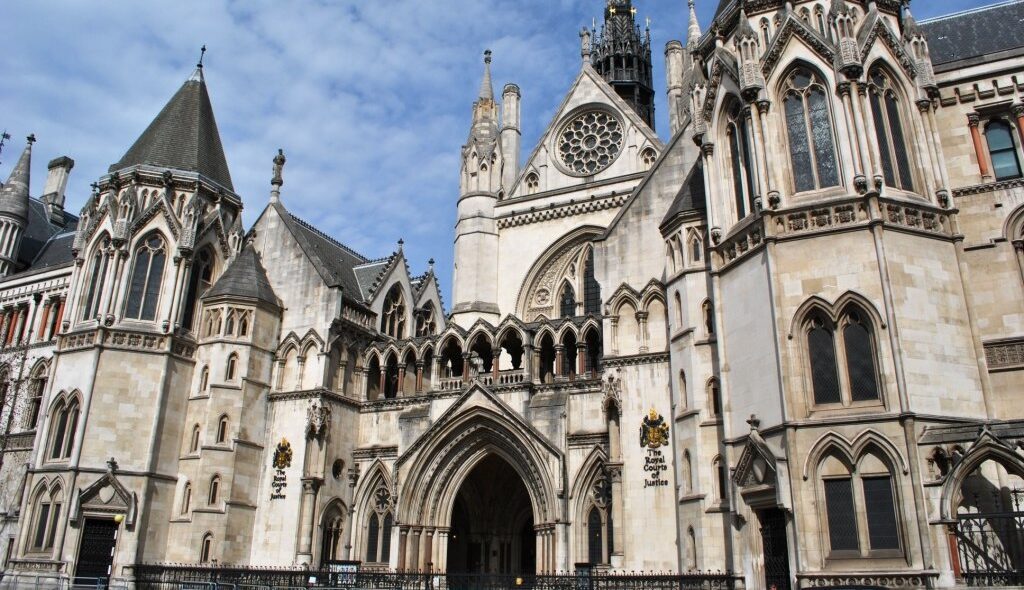New lead coroner vows to reshape judicial diversity after historic appointment by judiciary
A solicitor who never imagined herself on the bench has just been named the UK’s first-ever lead coroner for diversity and inclusion.
Nadia Persaud, a non-practising solicitor of Indo-Guyanese heritage, has been appointed to the newly established position, which aims to bring greater inclusion and representation to the coronial judiciary. Admitted as a solicitor in 1995, Persaud carved out a career in medical law and became a partner at Bevan Brittan in 2008 before transitioning to judicial service.
In 2009, she began sitting as an assistant coroner in East London. She now holds the post of area coroner for the same jurisdiction and will take on her new diversity leadership role alongside her existing duties.
The post, which is still being defined, will involve data collection to support the design of a tailored operational plan. The goal: to help coroners implement the judicial strategy for diversity and inclusion from 2026 to 2030.
Speaking after her appointment, Persaud described the moment as “an honour” and expressed excitement about what lies ahead. She said she never envisioned becoming a judge, especially given her background. “As an Indo-Guyanese solicitor who had attended a comprehensive state school up to the age of 16, I hadn’t pictured myself as a judge,” she said.
Persaud stressed the unique fulfilment she finds in her current judicial work. “I have enjoyed every stage of my legal career, but sitting as a coroner brings with it a job satisfaction that is completely unrivalled,” she said.
Her ambition in the new role is to open doors for others. “Hopefully, through the work in my new role, I will be able to… encourage a diverse range of talented young lawyers to aspire to a career in the judiciary,” she said.
Embed from Getty ImagesThe creation of this post follows the inclusion of coroners for the first time in the forthcoming Judicial Diversity and Inclusion Strategy (2026–2030). Persaud’s responsibility will be to ensure coroners’ views are represented in the consultation process and to embed those perspectives into the wider strategic framework.
She also emphasised the importance of behavioural expectations across the service, noting that coroners must not only be aware of the expected standards but also feel empowered to seek support when necessary.
“Another important task for me will be to highlight the importance of the statement of expected behaviour and to ensure that all coroners know how to, and feel empowered to, seek support,” she said.
Her role comes at a critical time for the judiciary, with increasing focus on improving transparency, trust, and representativeness. The creation of the lead coroner for diversity and inclusion marks a turning point in how coronial work may evolve to reflect modern Britain more accurately.
Persaud’s background offers a compelling narrative for aspiring lawyers from underrepresented communities. Her trajectory—from state school pupil to leading legal professional and coroner—signals a move toward a more inclusive justice system, one that not only judges but understands the communities it serves.
As the judiciary prepares to roll out its next major diversity strategy, Persaud’s appointment could shape how death investigations are approached through a lens of fairness, inclusivity, and community trust.
